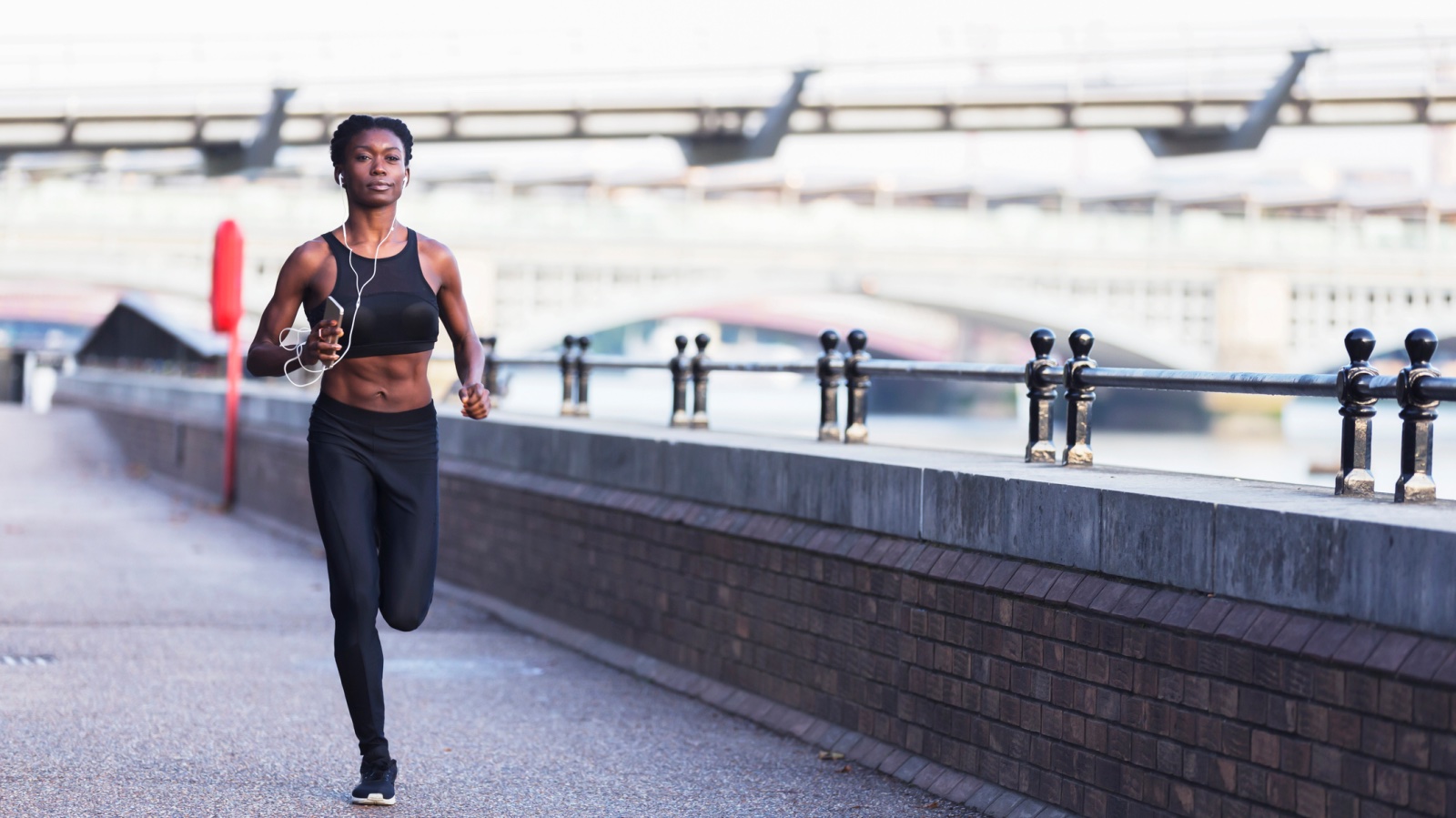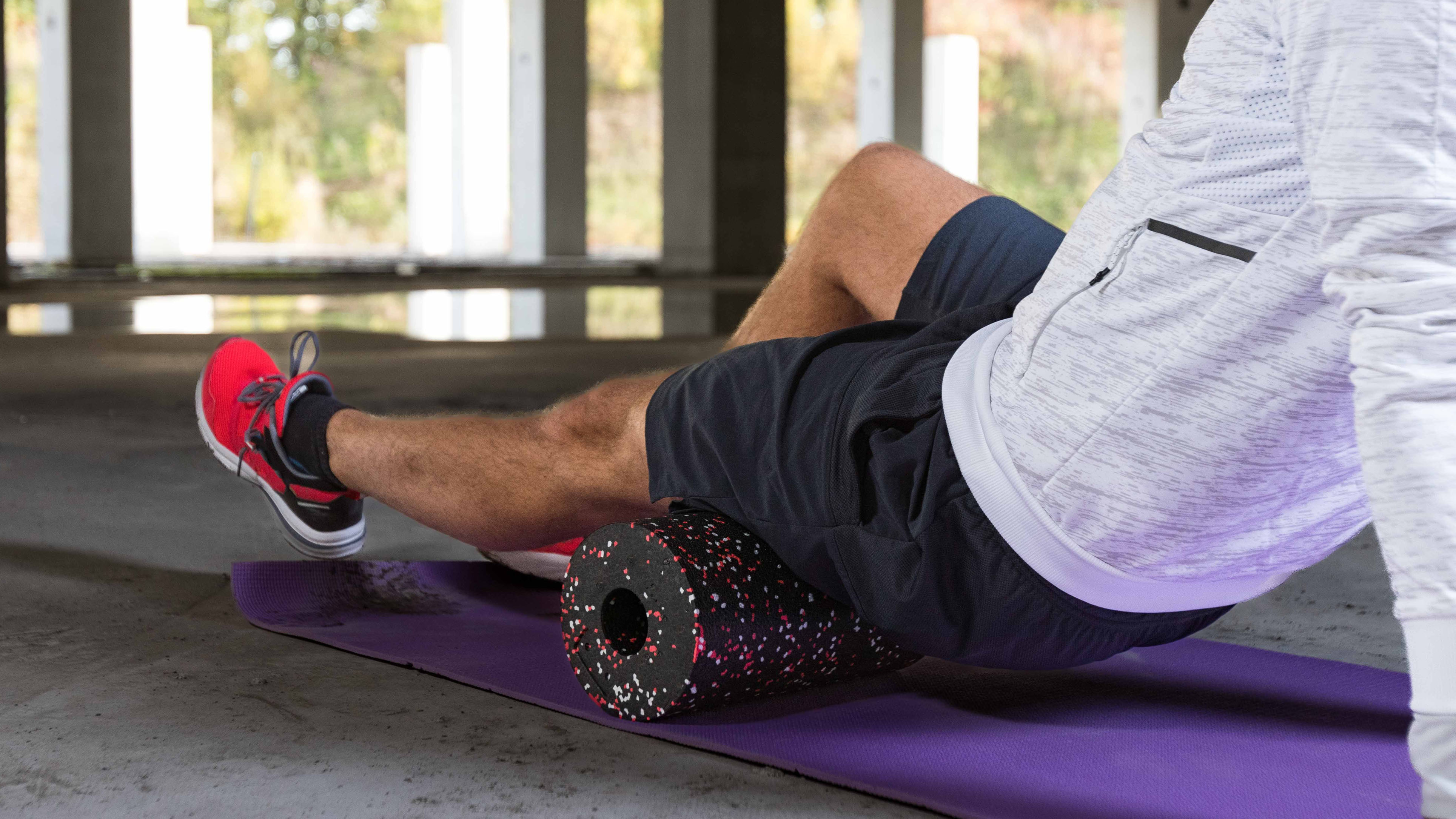How to run a faster 5k: 5 easy tips from a runner who can do it in 15 minutes
Ben Felton's top tips on how to improve your 5k PB like a pro


How to run a faster 5k? More importantly, is it possible to shave off over 25 per cent of your 5k time? If so, what's the best way to go about it? If there is one person who knows, it's Ben Felton, a.k.a. Ben is Running, a running aficionado who went from running an okay 5k in 2019 to running a PB of 15:46 in just two years by following a few easy tips he came up with.
You might think, "Matt, you said Ben can run a 5k in 15 minutes flat, and now you're saying he runs it in 15:46?" After making this video, Ben attended the ASICS META: Time: Trials event (together with yours truly) and ran a 15:01 over a 5k distance in the new ASICS METASPEED Sky+ shoes, so yes, he can run a 15-minute flat 5k.
However, Ben hasn't always been a professional runner. Until very recently, Ben ran for pleasure and had a day job, just like all of us, but his passion for running and content creation helped turn this around, and now, all he does is run and make videos about his training and various adventured.
One of his videos caught my eye as it gives practical tips about running a faster 5k, something I would like to achieve myself. I always felt most comfortable running a half marathon distance, but I wouldn't be against running a sub-19-minute 5k, so I'll be focusing on following Ben's advice to a T from now on, at least for a few months.
What can definitely help you improve your running speed is investing some money in a decent pair of running shoes. Even Ben has his favourite race day shoe, and to find yours, you should visit T3's best running shoes or best trail running shoe guides after reading Ben's dynamite running tips below.
How to run a faster 5k: Ben Felton's 5 running tips
The first thing to highlight – and Ben also says this himself in the video – is that the only way to progress in your running journey is to do it sensibly. Most people would like to permanently improve their running speed, not just as a one-off, which takes time. As Ben admits in the video, it took him two years of work to achieve such an improvement in his 5k time, so don't assume you can get there faster.
Ben's first tip is consistency: "The beauty of the 5k is that as you become a more consistent runner [...], you will slowly see an improvement in your 5k time", Ben says, "There's no one session, no one run that will make or break you; it's the string of weeks and weeks of consistent training that will make you a better runner."
Get all the latest news, reviews, deals and buying guides on gorgeous tech, home and active products from the T3 experts
You should also work on building your mileage and following the 10% rule, according to Ben. "The 10% rule means if you run 20 kilometres one week, your body should be able to handle a 10 per cent increase in the next week – so running 22 kilometres – without getting injured", Ben says.
Another thing you should incorporate in your running training is speed work, which is Ben's third tip on running a faster 5k. "Some of my favourite intervals for the 5k are kilometre repeats where you run a kilometre at your desired 5k race pace. If it's for 20 minutes 5k, you run a four-minute kilometre, then rest for one minute", Ben adds, "You can either do a standing rest or a jog recovery rest."

Ben's penultimate tip is to pay close attention to recovery. Ben uses a combination of foam rolling and stretching after every run to ensure his muscles and tendons are always ready to go as soon as possible. "I also have ice baths; I fill up the dustbin with water, put loads of ice in it and stand in it for 2-3 minutes", he says.
The last piece of advice from Ben is something we know we should have but don't: developing a solid work ethic. "A [strong work ethos] is something that helped improve me as a 5k runner over the last two years", Ben admits, "It's about constantly getting out there, even when you're knackered, had a hard day at work or when it's chucking down with rain, and you really don't want to go outside and do your run."
"These are the times when you've got to put the hard work in to see the results. Trust me: when you run a PB on race day, you look back at all the hard work you put in and think – it really is worth it", he concludes. I couldn't agree more.

Matt Kollat is a journalist and content creator for T3.com and T3 Magazine, where he works as Active Editor. His areas of expertise include wearables, drones, action cameras, fitness equipment, nutrition and outdoor gear. He joined T3 in 2019.
His work has also appeared on TechRadar and Fit&Well, and he has collaborated with creators such as Garage Gym Reviews. Matt has served as a judge for multiple industry awards, including the ESSNAwards. When he isn’t running, cycling or testing new kit, he’s usually roaming the countryside with a camera or experimenting with new audio and video gear.
